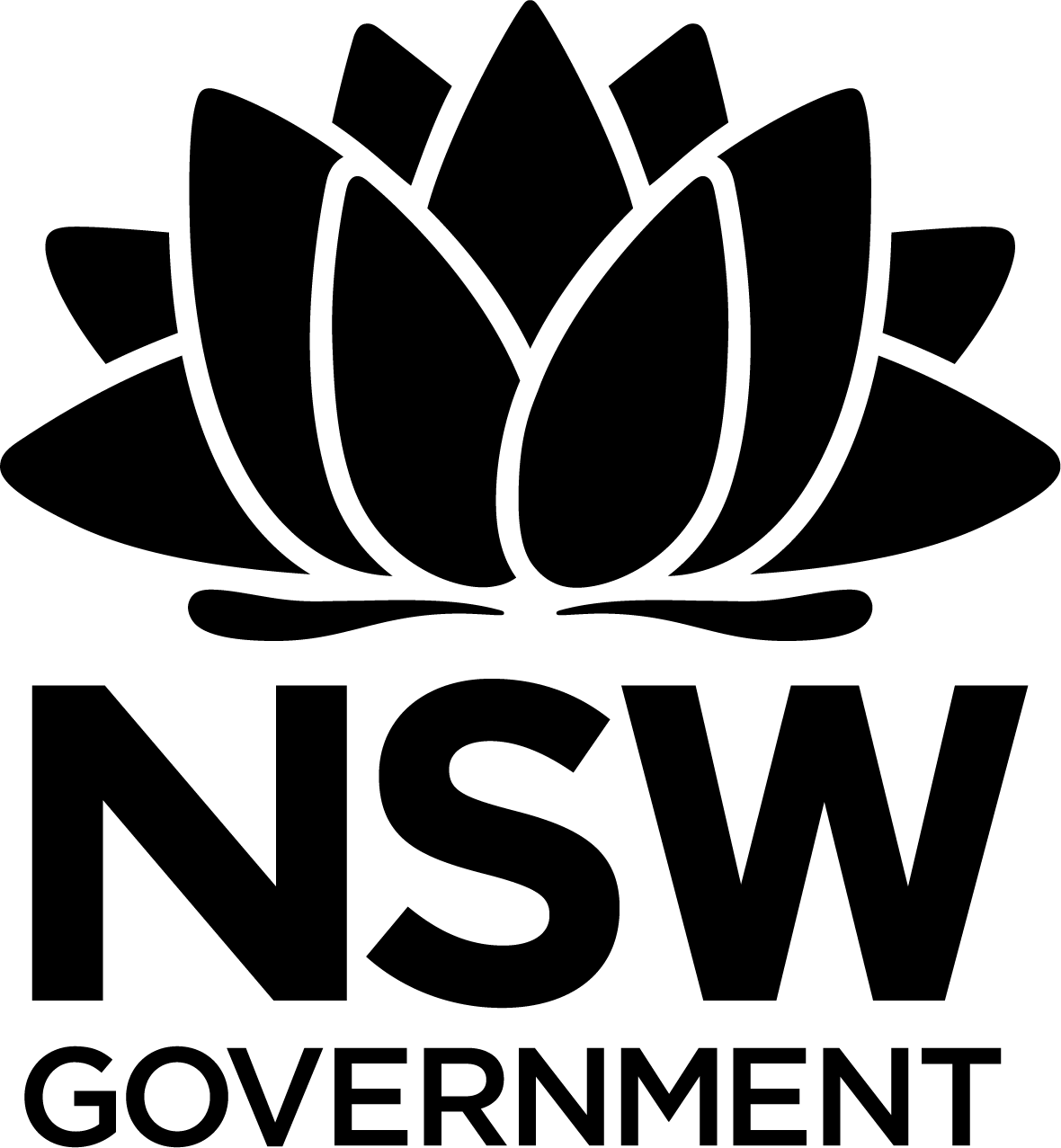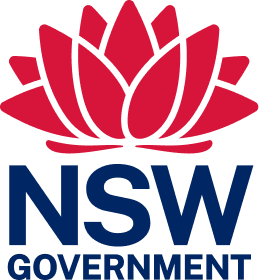
Crown land manager resource
- Home
- Administration
- Terminology and abbreviations
Terminology and abbreviations
Common terminology and abbreviations for Crown land management
- Crown Land Management Act 2016 (CLM Act): The Crown Land Management Act 2016 provides a framework for the NSW Government, local councils and members of the community to work together to provide care, control and management over Crown reserves.
- Crown Land Management Regulation 2018 (CLM Regulation): The Crown Land Management Regulation 2018 explains how parts of the Crown Land Management Act 2016 are carried out, giving Crown land managers, tenure holders and users clarity and certainty. The Regulation covers a range of operational matters relevant to Crown land managers and ensures that Crown reserves are responsibly managed while still encouraging public use and enjoyment of the land.
- Crown land manager or CLM: the name given to a legal entity appointed to manage a Crown reserve
- Statutory land manager: a legal entity established by the Crown Land Management Act 2016 so that individuals as members of a board and administrators can manage Crown reserves.
- Community engagement strategy: a document approved by the minister that sets out the minimum requirements for engaging with the community on certain proposed activities on Crown land such as sale, leasing and licensing.
- Category 1 non-council Crown land manager or category 1 manager: a Crown land manager that is not a local council and has been assigned as a category 1 manager, having demonstrated advanced governance and expertise in Crown land management. Category 1 managers include: NSW Crown Holiday Parks Land Manager, Northern Metropolitan Cemeteries Land Manager, Rookwood General Cemeteries Reserve Land Manager, Catholic Metropolitan Cemeteries Trust, Southern Metropolitan Cemeteries Land Manager and Rookwood Necropolis Land Manager.
- Category 2 non-council Crown land manager or category 2 manager: a Crown land manager that is not a local council and is not assigned as a category 1 manager.
- Plan of management: a document that defines the value, use, management practices and intent for the broad public purpose for which the land has been reserved or dedicated.
- Appointment instrument: a document that sets out the terms and conditions of a Crown land manager’s appointment.
- Crown Reserves Improvement Fund: the name of the funding program that replaces the Public Reserves Management Fund to provide financial support for the development, maintenance and improvement of Crown reserves and freehold showgrounds.
- Aboriginal Land Rights Act 1983 (ALR Act): The Aboriginal Land Rights Act 1983 (NSW) is important legislation that recognises the rights of Aboriginal people in NSW. Aboriginal Land Councils constituted under the Aboriginal Land Rights Act 1983 in NSW can claim land as compensation for historic dispossession of land and to support Aboriginal communities’ social and economic development.
- Aboriginal Land Council (ALC): The NSW Aboriginal Land Council (NSWALC) oversees the network of 120 Local Aboriginal Land Councils (LALCs) that represent the many Aboriginal communities across NSW. NSWALC is an independent statutory corporation constituted under the Aboriginal Land Rights Act 1983. NSWALC’s statutory functions include both the compliance, regulation and financial stewardship of the state’s land council network.
- Aboriginal Land Agreements (ALA): The Aboriginal Land Rights Act 1983 allows the NSW Government and Local Aboriginal Land Councils to enter into voluntary and legally binding agreements to resolve land claims, reducing the need for costly and lengthy land claim determinations. These are called Aboriginal Land Agreements.
- Native title: Native title is how Australian law recognises the rights and interests that Aboriginal people and Torres Strait Islanders hold in land and waters under their traditional laws and customs. Native title is recognised and protected by the Native Title Act 1993, which also establishes the ways in which future dealings affecting native title may proceed.
- Native title manager: a person who has undertaken approved training and is employed or engaged by either a local council or category 1 Crown land manager to ensure dealings with their Crown reserves comply with native title legislation.
- Indigenous Land Use Agreement (ILUA): An Indigenous Land Use Agreement is a voluntary agreement between native title parties and other people or bodies about the use and management of areas of land and/or waters.
- Reserve trust: a defunct term for Crown reserve trust set up under the Crown Lands Act 1989.
Sign up for our eNewsletter to receive updates.
This Crown land manager web resource was printed on 27 Jul 2024. The information contained in this web resource is based on knowledge and understanding at the time of writing Jul 2024. However, because of advances in knowledge, users are reminded of the need to ensure that the information upon which they rely is up to date and to check the currency of the information by referring to the website (www.reservemanager.nsw.gov.au).
© State of New South Wales through Department of Planning, Industry & Environment 2024.
Page link: https://reservemanager.crownland.nsw.gov.au/administration/terminology-and-abbreviations
- Home
- Administration
- Terminology and abbreviations

